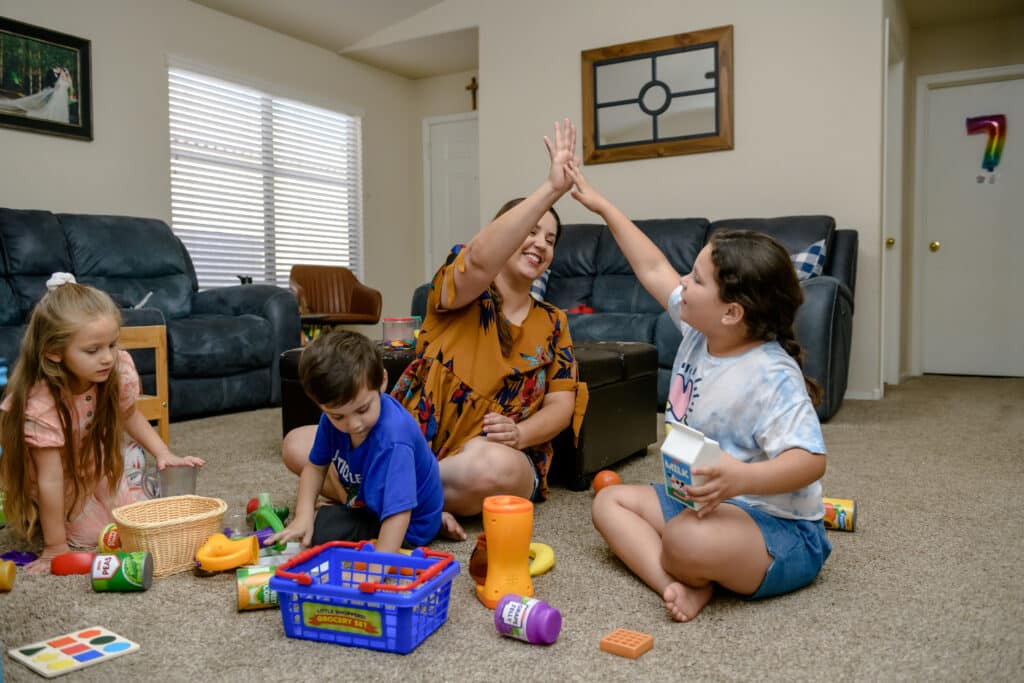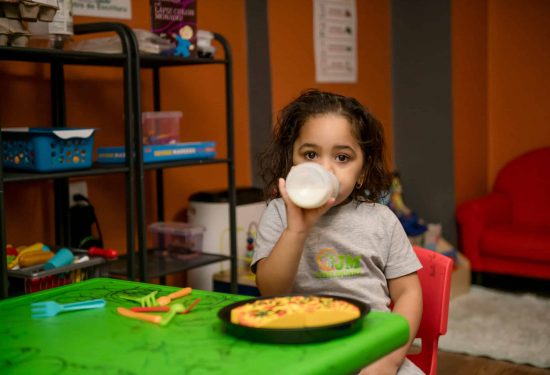Developed in partnership with the Erikson Institute, this brief describes 11 quality benchmarks for home-based child care networks. The benchmarks and related indicators articulate standards and operations based on evidence from research and practice. Together, the benchmarks and indicators represent a picture of what a high-quality network strategy can look like.
Strengthening HBCC Networks: An Evidence-Based Framework for High Quality (Benchmarks)

Families and child care providers are being squeezed as pandemic-era supports expire and federal funding stalls. Across the country, home-based providers are struggling to stay open amid lower reimbursements and rising costs. Without stronger federal investment in the Child Care and Development Block Grant (CCDBG), tens of thousands of children could lose access to care.


